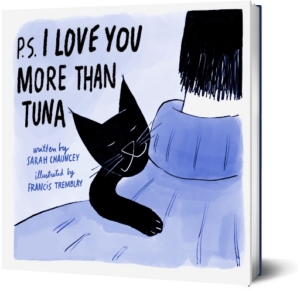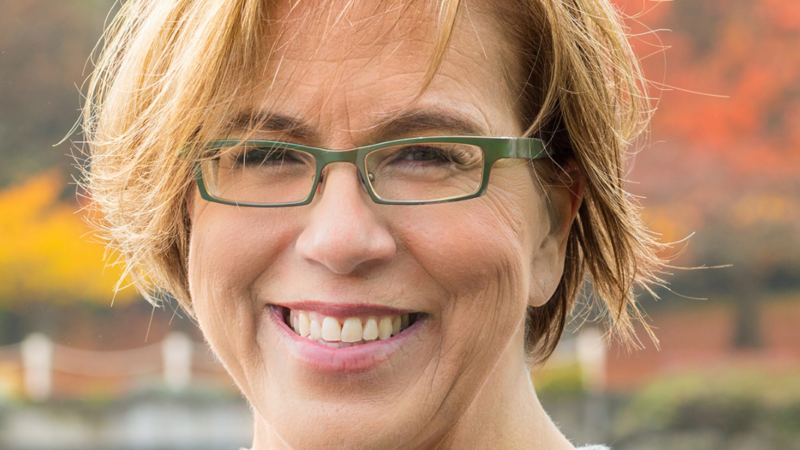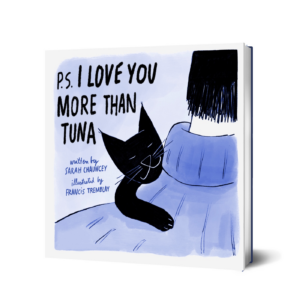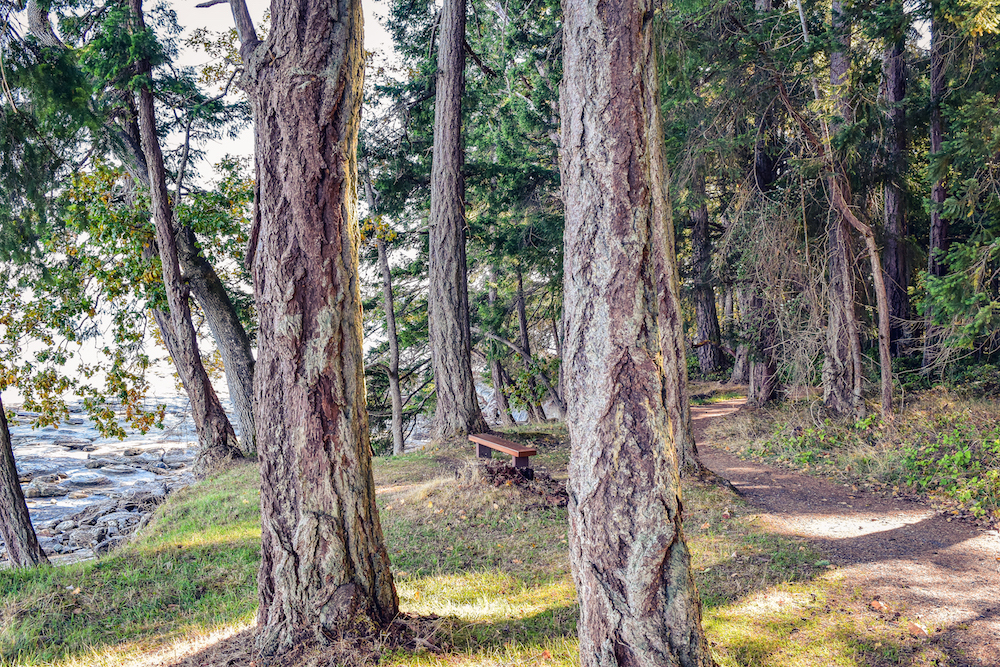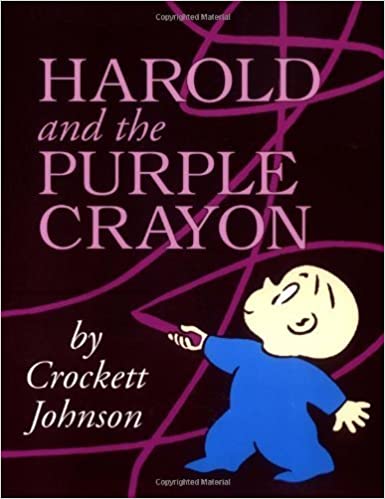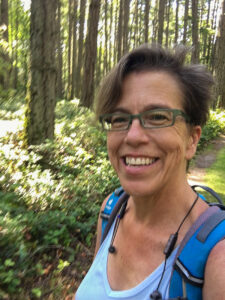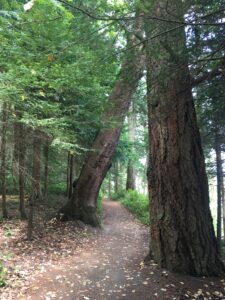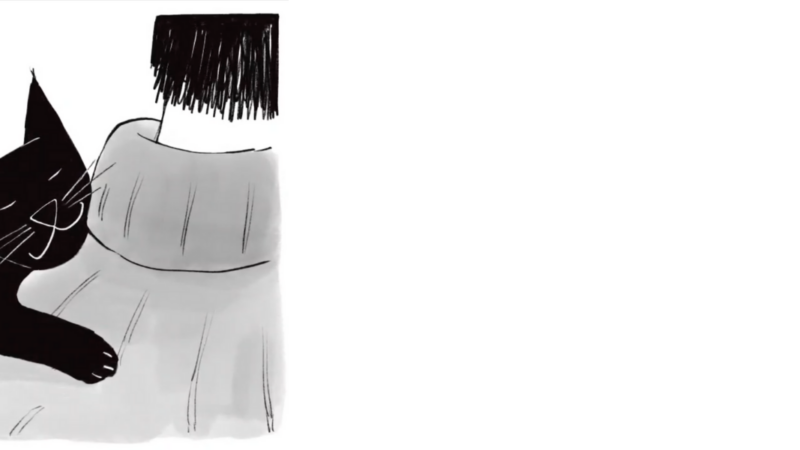Dear friends,
Two days after my cat, Hedda, died in 2016, my friend Francis sent me a sketch with a note “from” Hedda that read, in part, “P.S. I love you more than tuna.” Through my tears, I thought that would be a great book title. I had a clear vision: an illustrated gift book that people would give to friends, family, colleagues, or clients after the loss of their cat. A step beyond a sympathy card, this would be the first “empathy book” for adults grieving the loss of a cat.
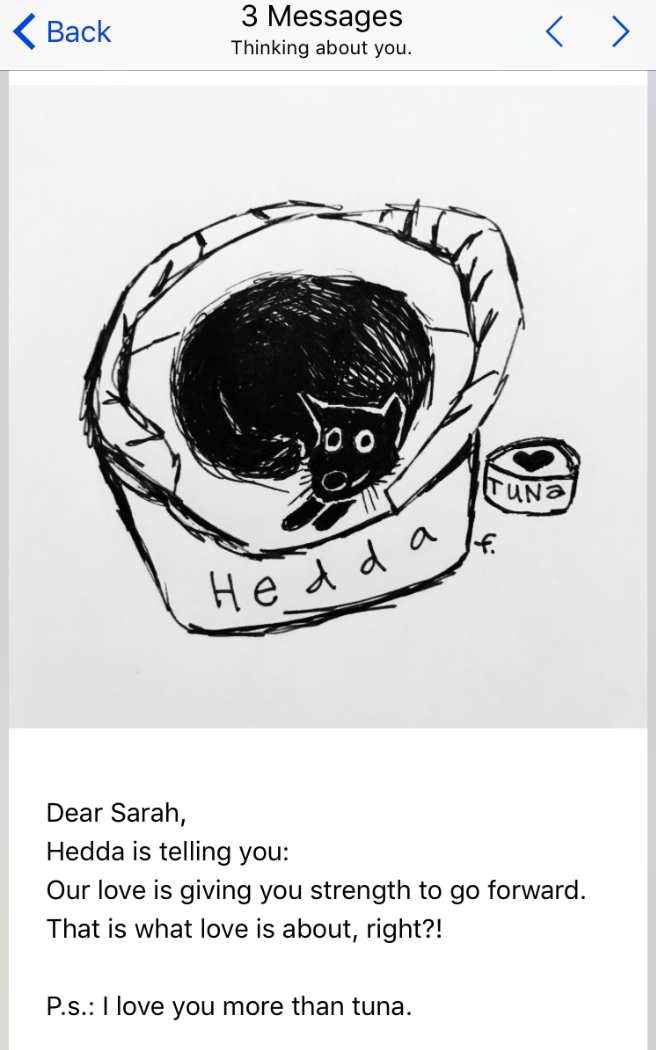
Inspired in part by Eckhart Tolle and Patrick McDonnell’s Guardians of Being and Charles M. Schultz’s Happiness is a Warm Puppy, P.S. I Love You More Than Tuna offers comfort and inspiration through New Yorker-style drawings and simple, evocative language. My goal was to make it heartfelt without being cloying.
Every year, six million Americans and Canadians must say a final goodbye to their cats—buddies who leapt into their hearts as kittens, purred away heartbreak through multiple breakups, snuggled by their side in homes large and small, and occasionally deleted folders of work by stretching out on a warm keyboard.
“Pet loss” is considered a disenfranchised form of grief; it’s not culturally sanctioned. We don’t have any universal rituals for this grief, like sitting shiva or holding a wake. This often leaves the bereaved feeling isolated and misunderstood, which compounds the grief and makes healing more difficult.
People grieving companion animals have a need to be seen, their grief validated. Being witnessed in grief is a powerful balm for healing.
Friends of those grieving companion animals are often at a loss for ways to show their support. P.S. I Love You More Than Tuna gives all of us the opportunity to make a profound impact with a simple gesture.
When Francis sent me the sketch and note, I felt seen. Francis’s gift acknowledged the bond I’d had with Hedda and my grief at her death. The present tense of the note also reminded me that Hedda was still with me, even if I couldn’t see her. That was significant in terms of helping me heal, and that’s the comfort I hope P.S. I Love You More Than Tuna will provide to other cat lovers.
Sounds True has created a lovely video preview for P.S. I Love You More Than Tuna. I hope you’ll check it out below.
Ultimately, I hope this book will benefit the world in multiple ways: for the recipient, witnessing and healing; for the giver, a tangible action they can take to help another; for Best Friends Animal Society, to which I’m donating 10 percent of my proceeds, contributing to their work of keeping pets in the home. This includes helping low-income people connect with resources they need to feed, train, and care for their companion animals. And of course, I hope this will benefit Sounds True and their work in the world, which is quickly becoming more needed than ever.
Take care,
Sarah Chauncey
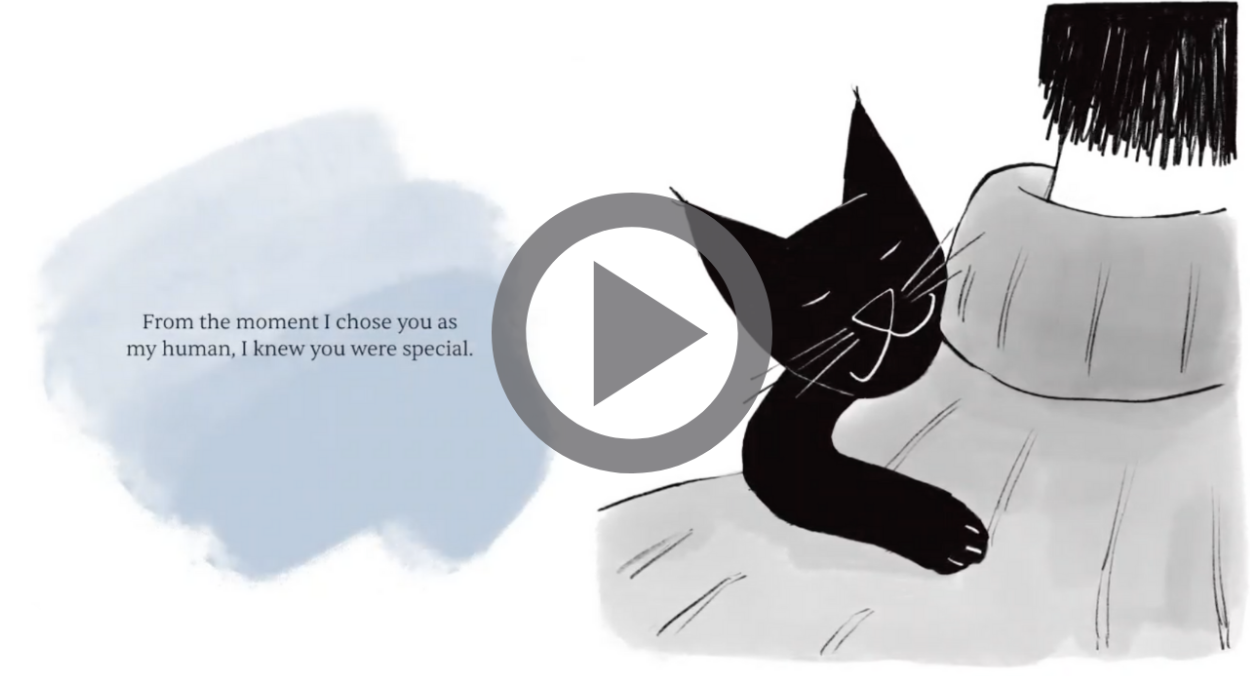
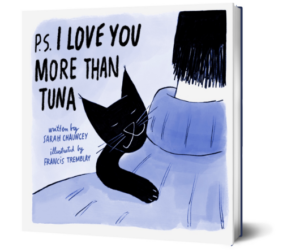


 Sarah Chauncey
Sarah Chauncey